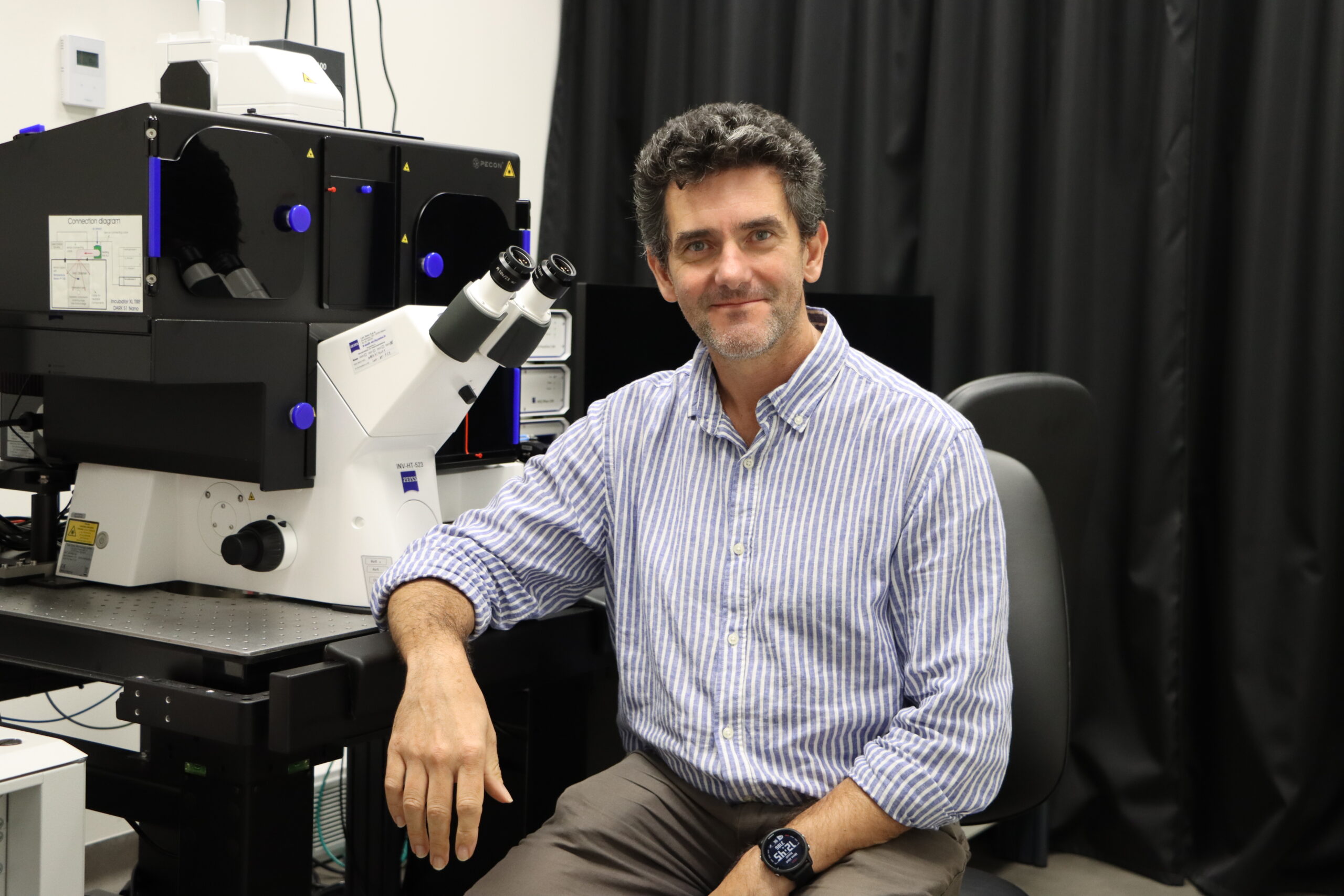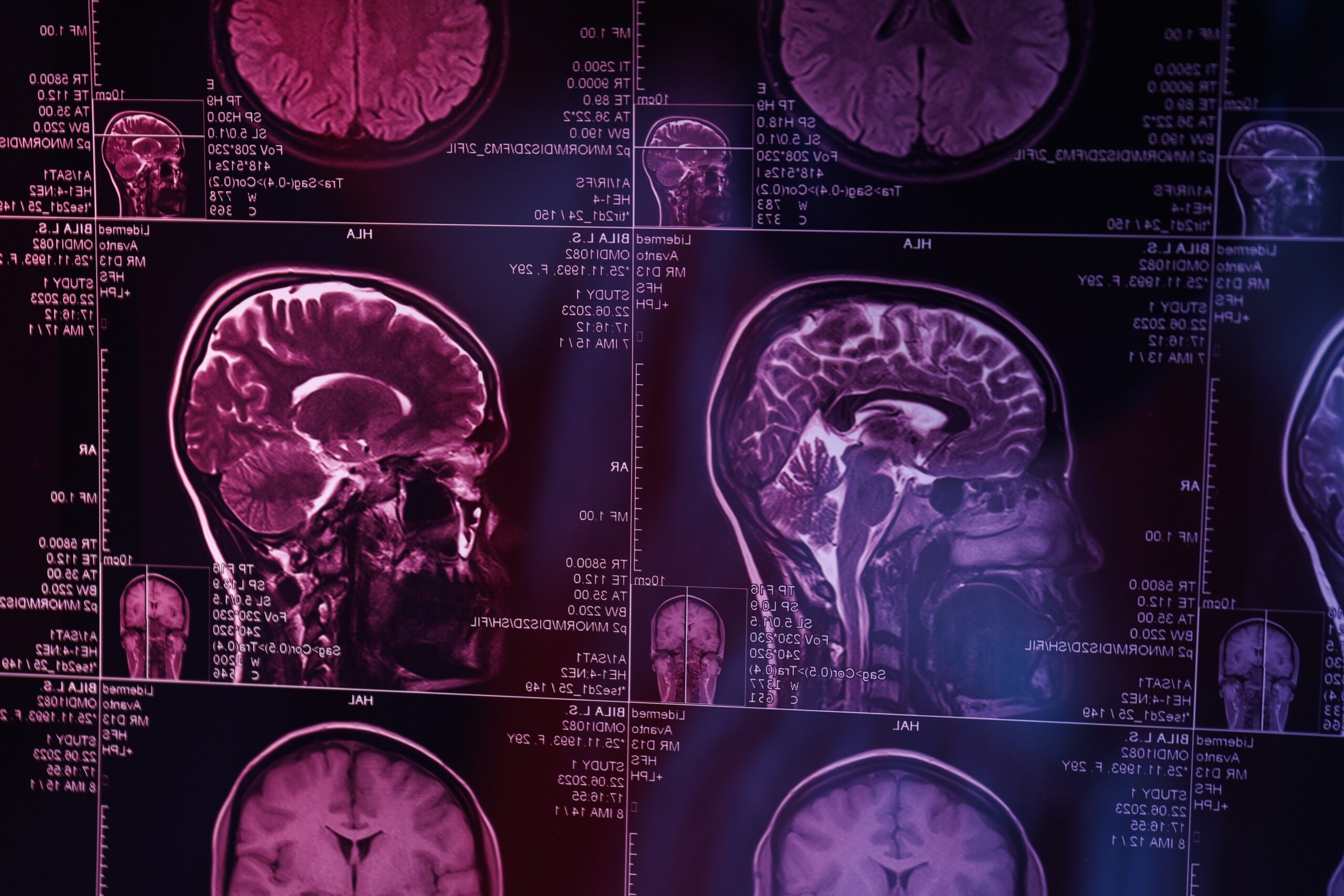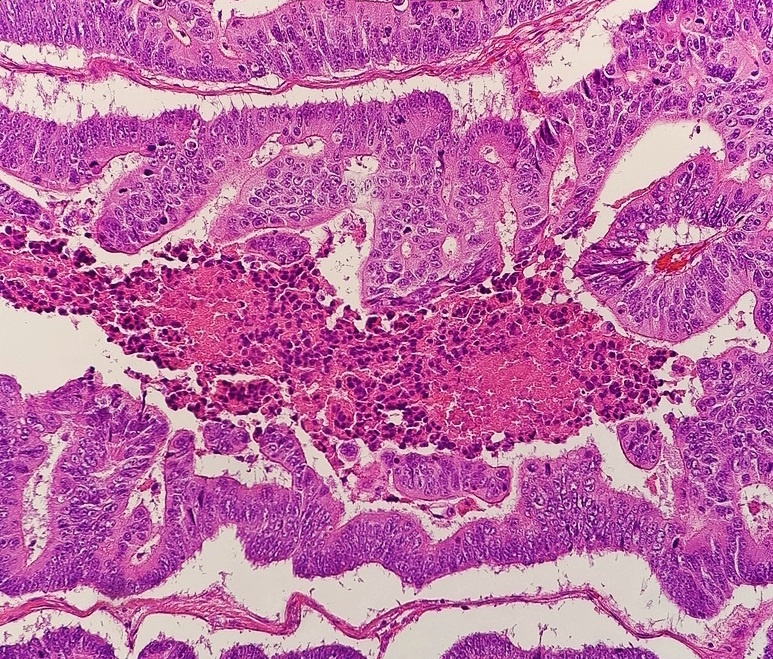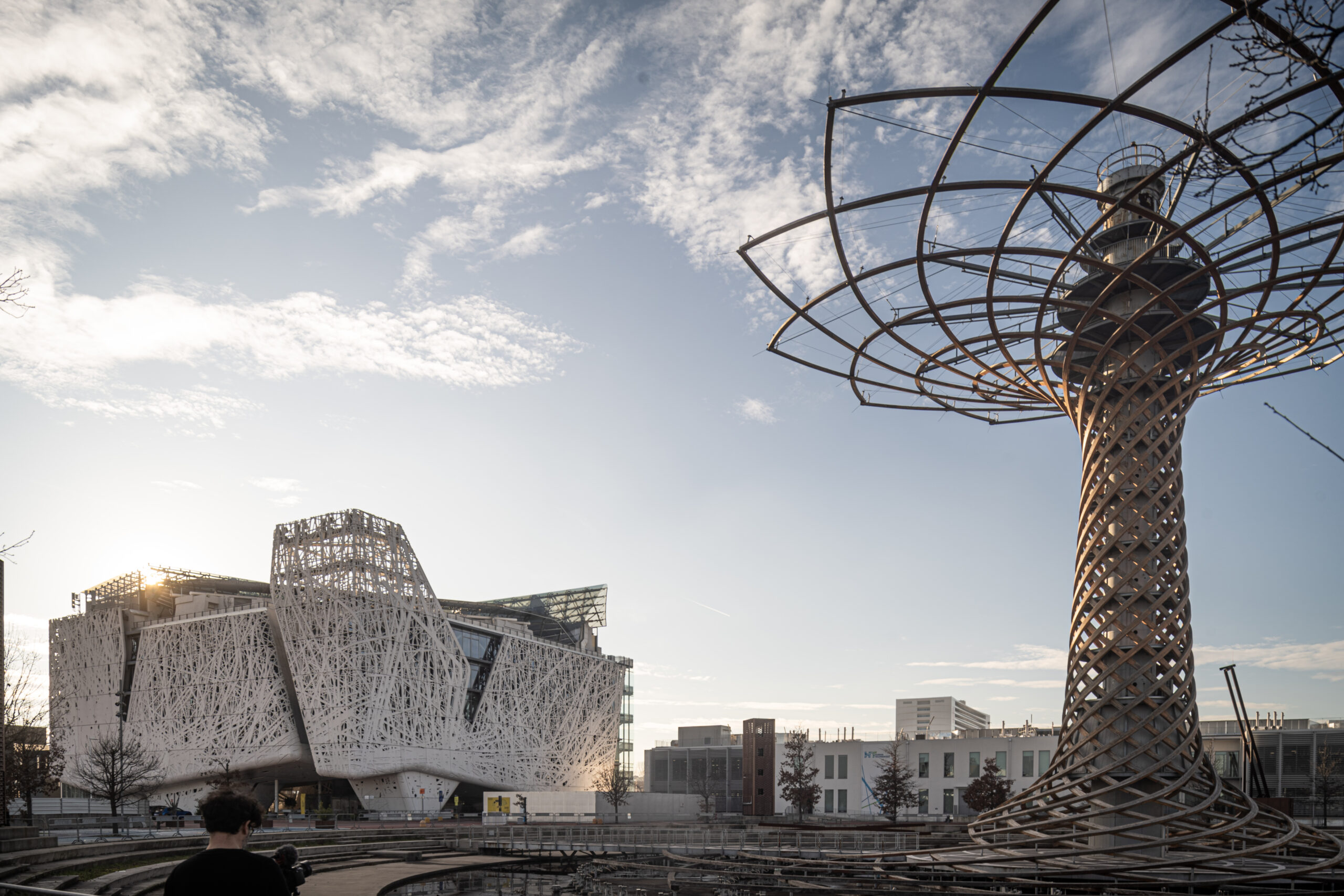The National Facility for Light Imaging with Nicola Maghelli
Meet Nicola Maghelli, Head of the National Facility for Light Imaging at Human Technopole. The National Facility for Light Imaging is equipped with several high-end microscopy systems and instruments that enable both internal and external scientists to explore the microscopic world by imaging single cells and their components with high spatial and temporal resolution, potentially enhancing our understanding of diseases and paving the way for new therapies.
The Genetic Landscape of Neuro-Related Proteins
An international collaboration between Human Technopole, Fudan University, the University of Edinburgh, and the SCALLOP Consortium identified hundreds of proteins in human plasma related to human behavioural traits and neuropsychiatric disorders. These proteins are potential targets for drug repurposing and novel therapeutic interventions for mental disorders. The findings are published in Nature Human Behaviour.
The National Facility for Data Handling and Analysis with Alberto Riva
Meet Alberto Riva, Head of the National Facility for Data Handling and Analysis. The mission of the NF for Data Handling and Analysis is to support national research by providing advanced analysis of biological datasets from high-throughput genomic and imaging technologies.
Study reveals previously unknown genetic causes of Colorectal Cancer
An international team of scientists, including Andrea Sottoriva, Head of Human Technopole’s Computational Biology, has provided the most comprehensive analysis to date of the genetic makeup of colorectal cancer (CRC). The pioneering study was led by the University of Oxford, The Institute of Cancer Research and the University of Manchester.
5 fully funded PhD scholarships at HT through the SEMM
Human Technopole is offering up to 5 fully funded PhD scholarships to young scientists from the national and international community who wish to undertake a doctoral degree on a project focused on Computational Biology, Structural Biology or Biophysical modelling.




